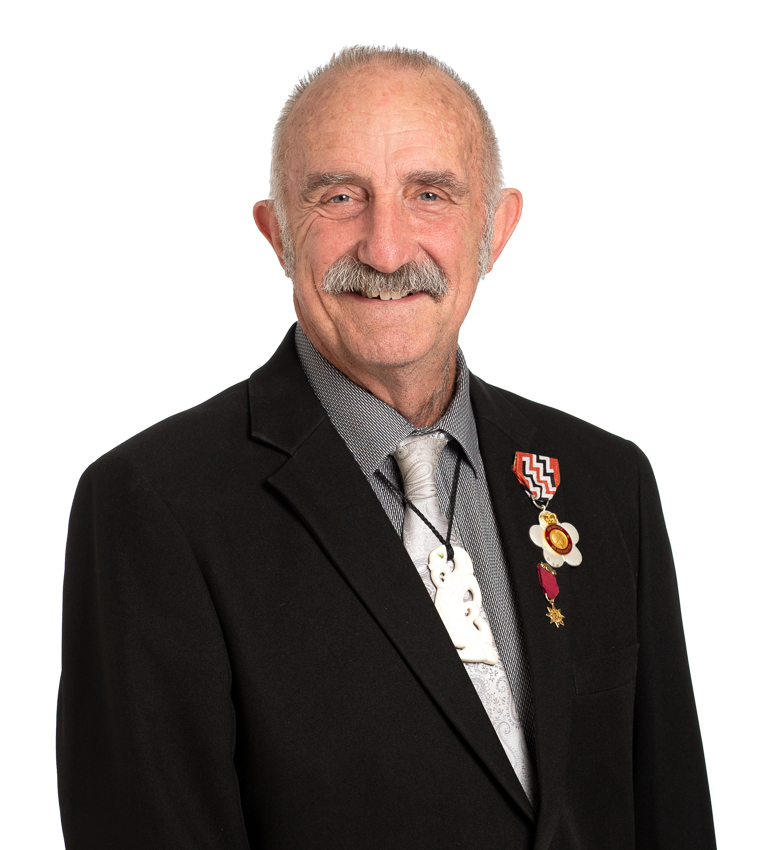Striking realistic rates
BY Mayor John Carter
On Friday, your councillors and I voted to cut a planned increase in rates to help ease the economic impact of the COVID-19 pandemic and the Northland drought on ratepayers.

By Mayor John Carter
On Friday, your councillors and I voted to cut a planned increase in rates to help ease the economic impact of the COVID-19 pandemic and the Northland drought on ratepayers.
The Council had been looking at a 3.94 per cent increase in rates to cover the cost of delivering the activities and services we provide to residents. However, the predicted economic downturn and the knowledge that jobs had already been lost in the Far North made a rethink vital. We decided to peg rates as close to the cost of inflation as possible and voted for a 2.23 per cent increase. This comes on top of an April offer to allow ratepayers facing economic hardship to defer rates payments for up to six months. That was always intended as an interim measure, and elected members and staff have been looking hard since then at how we could further assist ratepayers.
Some will say that even a 2.23 per cent increase is too much. The reality is that by merely keeping pace with inflation, we are effectively treading water. Anything less and all of us would be going backwards. That’s because the Council is a significant part of the local economy. We directly employ about 370 staff and indirectly keep hundreds of contractors and suppliers in work. Those businesses do everything from clean public toilets and empty rubbish bins to investigate noise complaints and quarry the stone we use on our roads.
Cutting rates means having to cut Council spending and we agreed this would make the District’s recovery slower and much more painful. I believe we achieved the right balance on Friday. We have reduced the rates burden without undermining the local economy. We did that mainly by trimming depreciation. This is the amount we collect each year to pay for on-going maintenance and the replacement of assets. For 2020/21, deprecation charges will be reduced by 24 per cent. So we don’t burden future ratepayers, this will be recovered over the next five years.
This on its own is not enough to boost the economy. That is why we allocated $300,000 to an Economic Recovery Support Fund to support businesses and community groups and increased funding by $130,000 to complete a loop footpath joining Te Ahu and Te Hiku Sports Hub.
Of course, we cannot solve all our economic problems alone. Last month, the Government helped by committing around $2.5 million to the Far North from Economic Stimulus and Employment Opportunities funding set up to combat impacts of the COVID-19 pandemic. It was part of $9.51 million allocated to Northland for local roading projects. I anticipate similar good news soon when decisions are made about 17 significant ‘shovel ready’ infrastructure projects we nominated for funding for the Far North.
The drought and pandemic will continue to be a huge challenge for months and possibly years. We are doing all we can to help lead the District through that challenge.

